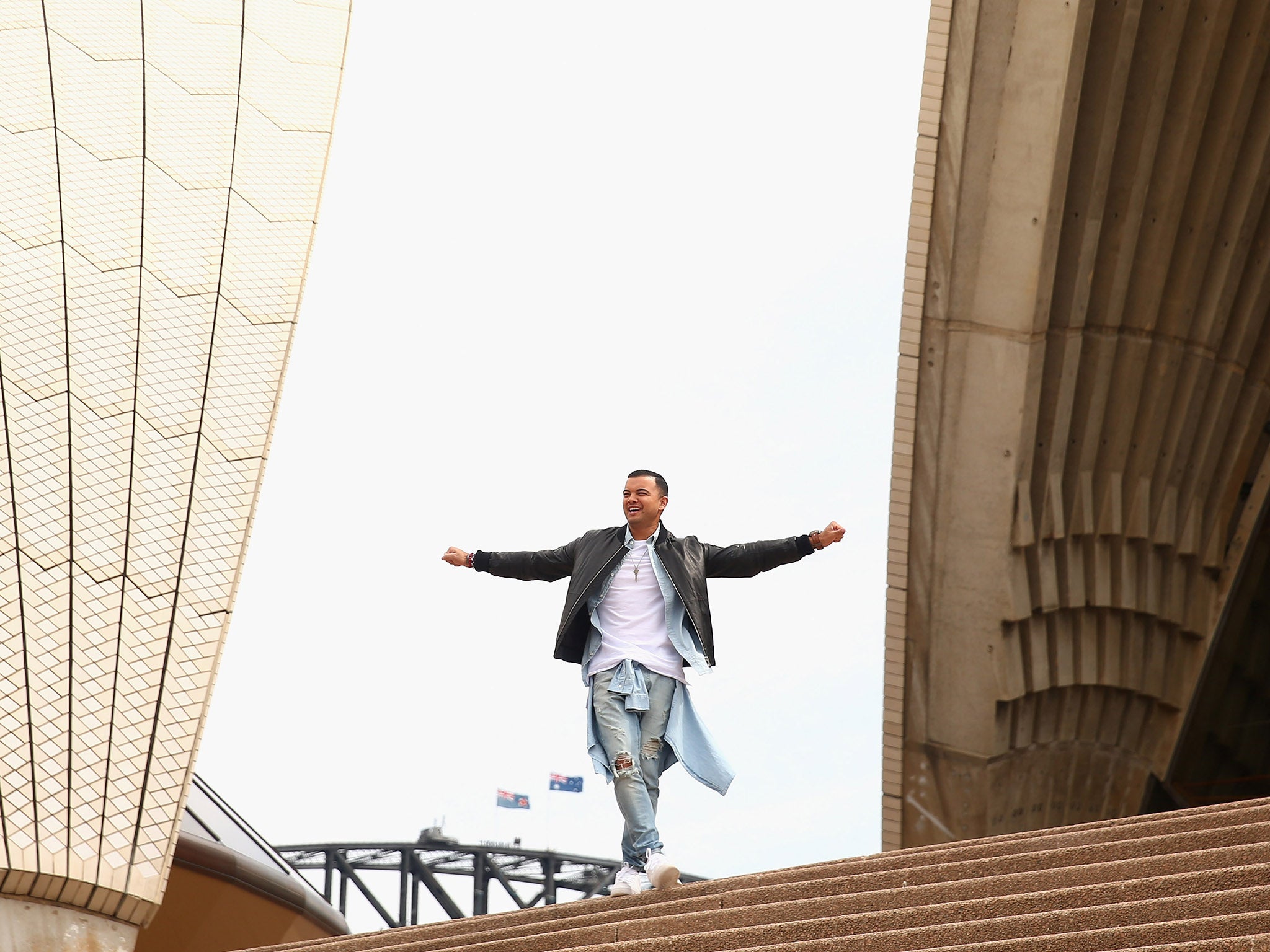Australia at Eurovision 2015: What happens if the one-off wild card entry actually wins?
Will a lot of douze points down under mean the contest will move to Sydney?

Your support helps us to tell the story
From reproductive rights to climate change to Big Tech, The Independent is on the ground when the story is developing. Whether it's investigating the financials of Elon Musk's pro-Trump PAC or producing our latest documentary, 'The A Word', which shines a light on the American women fighting for reproductive rights, we know how important it is to parse out the facts from the messaging.
At such a critical moment in US history, we need reporters on the ground. Your donation allows us to keep sending journalists to speak to both sides of the story.
The Independent is trusted by Americans across the entire political spectrum. And unlike many other quality news outlets, we choose not to lock Americans out of our reporting and analysis with paywalls. We believe quality journalism should be available to everyone, paid for by those who can afford it.
Your support makes all the difference.Eurovision is known for its loose meanings. Not every "song" is a "song" one would choose to listen to, and not every "European country" is necessarily "European" (Azerbaijan won the contest in 2011).
Indeed, the idea of Europe has been pushed to its limits this year with far down under Australia taking part in the competition for the first time. Don't worry though, Eurovision is not expanding to become Globovision (imagine how long the voting process would take then). Australia, keen followers of the competition, have been invited as a one-off wild card entry to celebrate the contest's 60th anniversary.
The Aussies are certainly taking their participation seriously. Rather than copying the British approach of not trying and offering up a rather tame contestant (this year the United Kingdom will be represented by Electro Velvet), the Australians have entered one of their biggest stars, Guy Sebastian. For those unfamiliar with the pop master, he won the first series of Australian Idol in 2003 and is now a judge on the country's version of The X Factor.
Thus, Australia is now one of the favourites to win the competition, with odds of 7/1 on Sebastian taking the crown from last year's winner Conchita Wurst.
Yet what if Sebastian did win? In keeping with Eurovision tradition, the show would have to take place in Australia the following year, wouldn't it?
The Independent spoke with the European Broadcasting Union (EBU) to clarify what would happen in such a result.
"If Australia win then SBS – the public broadcaster which is an Associate Member of the EBU – will jointly host the Contest in a European country with another EBU Member," said the EBU's Dave Goodman. "And they would get the chance to defend their title too."
"Arrangements will be made regarding where the event is held next year if and when Australia win. It wouldn’t necessarily be in the country which came second. SBS can work with any active EBU member in Europe to produce the 2016 show."
Thus, Australia could choose any EBU member it wants to host the final in 2016 if it won the competition this year. Due to Australia's historical ties to the United Kingdom, many hope that an Aussie win would benefit the British too, increasing the chances of the UK hosting the contest for the first time in 18 years.
However, Swedish broadcaster SVT said that the contest would actually be held in Germany if the Aussies were to triumph.
‘The Eurovision Song Contest Grand Final’ will be broadcast on BBC1 and BBC Radio 2 on Saturday
Join our commenting forum
Join thought-provoking conversations, follow other Independent readers and see their replies
Comments